 |
| courtesy Photonquantique via Flickr.com Brushing is Best |
Though
no scientific studies have been done to prove that appropriate dental care will
extend your dog’s lifespan, I am convinced
that it will.
Dental
disease is perhaps the most common malady seen in dogs today, especially small
breed dogs. This is not just about
“dirty teeth”. Dogs with periodontal
disease suffer from infection and inflammation that can lead to tooth loss, gum
disease, and significant pain. Bad odor
coming from a dog’s mouth is not normal.
The smell comes from bacteria and is my first clue that a dog has an
unhealthy mouth.
Besides
the effects on the gums and teeth, dental disease can cause problems in other
body systems. In people,
there is a conclusive link between heart disease and periodontal disease. Longstanding inflammation and infection in the mouth set
up for bacteria being released into the bloodstream. The kidneys, liver, lungs, and heart can all
be damaged by this bacterial shower.
Many of my clients are surprised when I point out problems in
their dog’s mouth on a routine physical exam.
A thorough oral exam is one of the most important parts of my
examination. Most dogs will develop some
degree of periodontal disease during their lifetime depending on breed, age, genetics, and
home care.
Now
for the good news: periodontal disease is preventable and treatable. As for prevention, we can’t change your dog’s
DNA, but home care is a vital part of keeping your dog’s mouth healthy. I recommend daily teeth brushing, ideally
beginning as a puppy. It takes less
than 12 hours for bacteria to attach to a tooth's surface. The bacteria then
absorb calcium from saliva and become mineralized, forming tartar. This is why
brushing is recommended daily, to continually break this cycle. While any type of toothbrush is fine, do not
use human toothpaste, as it may cause tummy upset and the fluoride can be
toxic.
There is simply no substitute for brushing, because it
mechanically breaks up the plaque, but there are other home care options when
brushing simply is not possible. Ask your veterinarian to help you develop a
custom dental home care plan for your dog.
Based
on what is discovered during your dog’s oral exam, your veterinarian may also
recommend a professional dental procedure, which will involve cleaning the
teeth, and possibly dental x-rays and extractions. For many dogs, these therapeutic dental
procedures are like a drink from the Fountain of Youth. Clients are stunned by the dramatic positive
changes in their dog’s attitude and vitality after pain and infection in the
mouth have been resolved.
While
it’s my opinion and observation that a healthy mouth will extend a dog’s
quantity of life, it is a fact that a
healthy mouth will enhance a dog’s quality of life. That should be enough to make all of us take
dental care more seriously!
Dr. Julie Buzby is a homeschooling mom of seven, American Veterinary Chiropractic Association and International Veterinary Acupuncture Society certified holistic veterinarian, and passionate advocate for canine mobility.In her free time she serves on the Advisory Board for The Grey Muzzle Organization. She can be found at Twitter @DrBuzby and on Facebook.com/ToeGrips. You'll also find more of Dr. Julie's posts at our Ask the Vet Archives page.
Here are a few of her articles that may be of interest:


















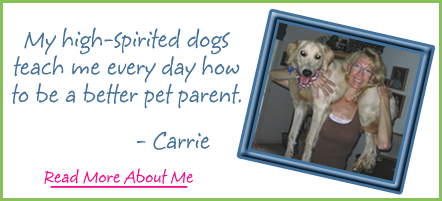
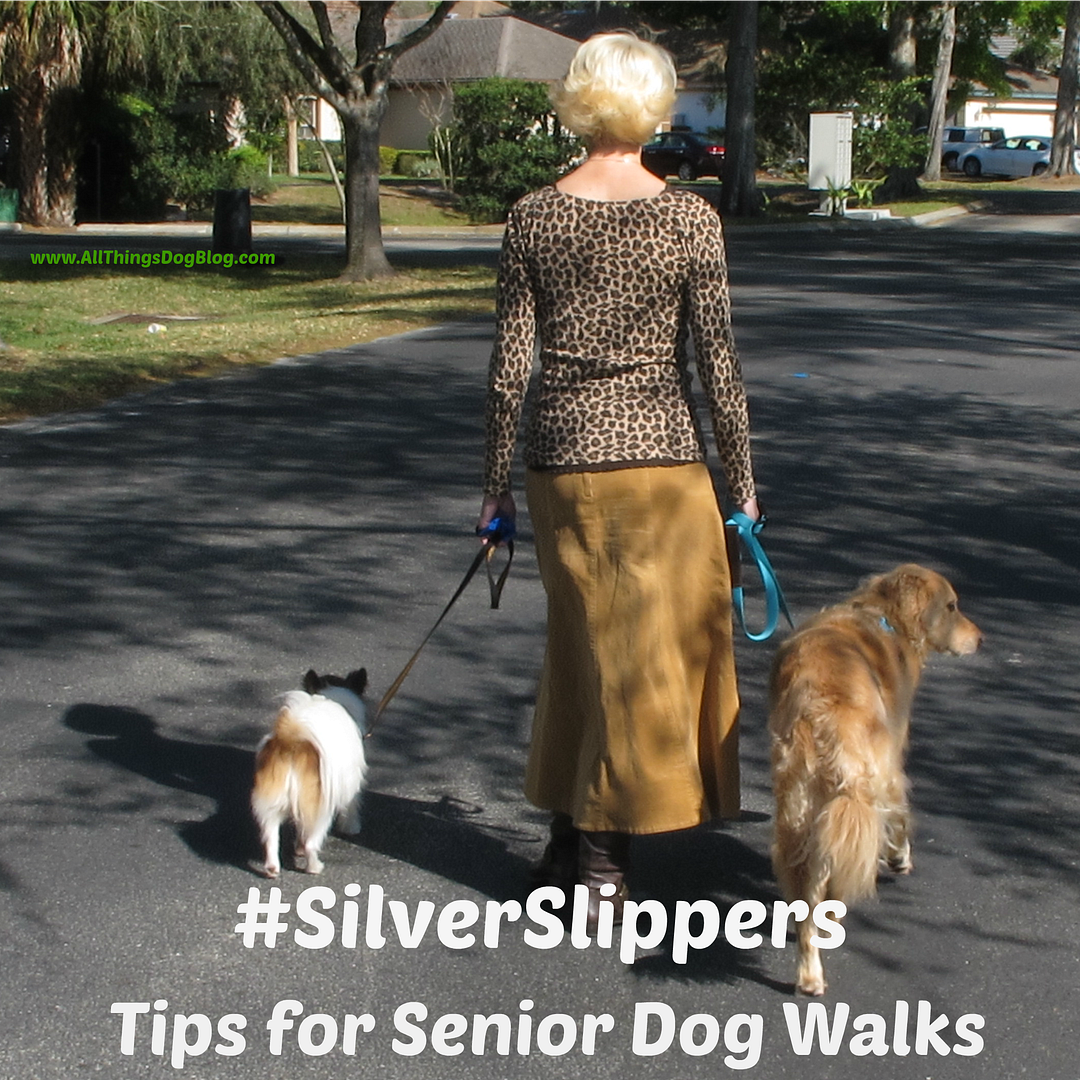








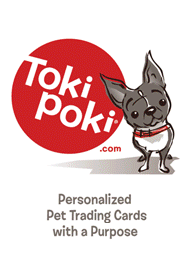







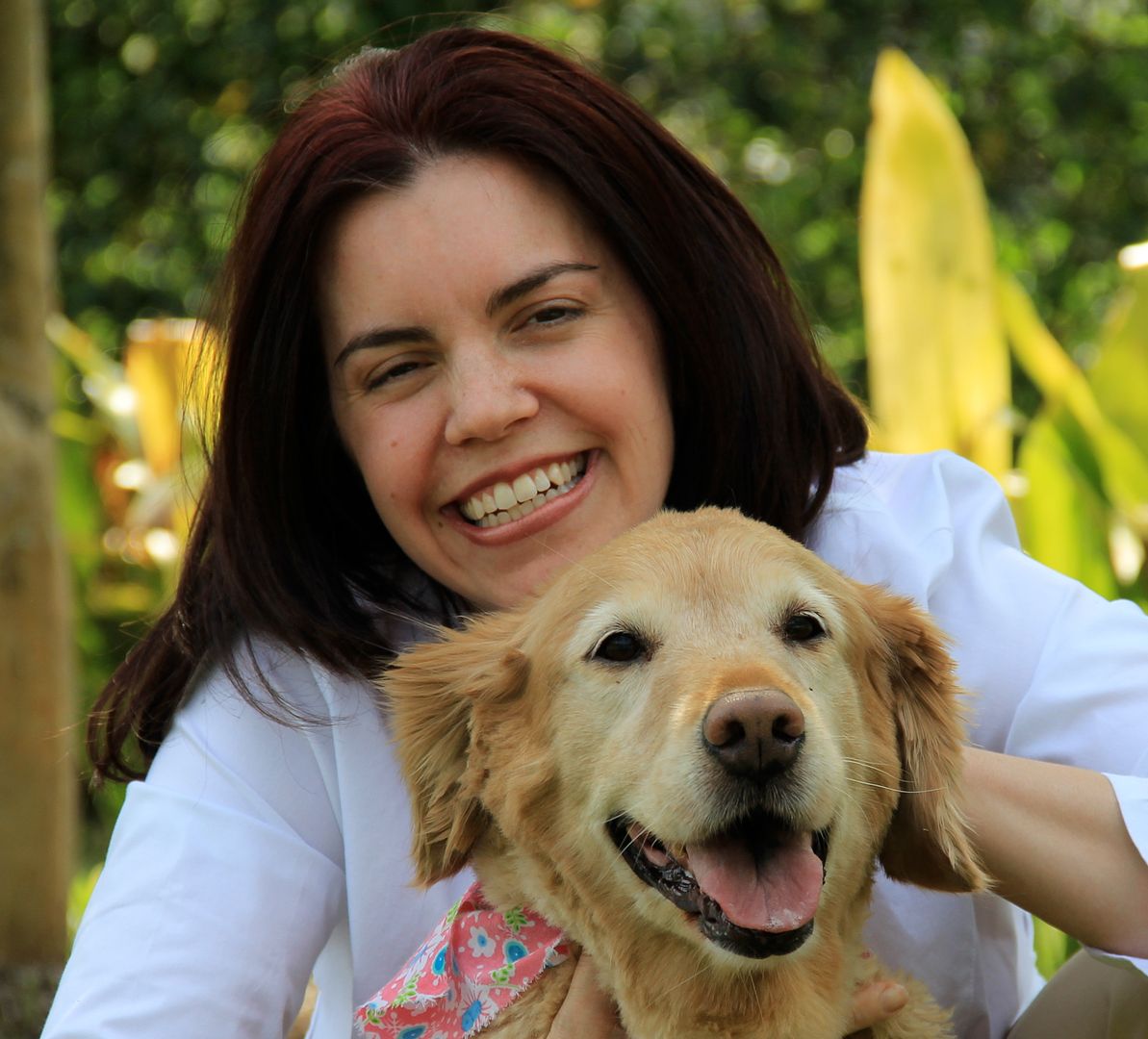
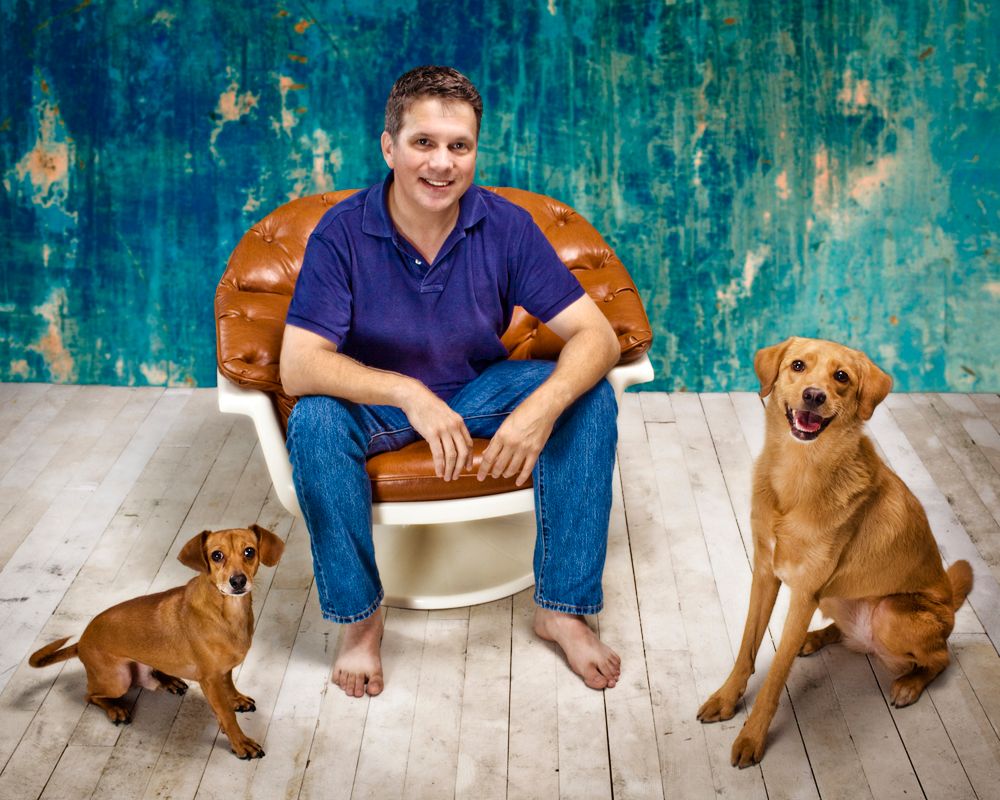


2 comments:
Unknown said...
I agree, dental health is important to dogs, just like it is for us. I am guilty of not taking extra good care of my dogs teeth teeth though.....I have good intentions but good intention get ya nowhere!
(ownedbyahusky.blogspot.ca)
Dawn said...
I was never too concerned about dental care for my dogs until I got Pierson. Sephi and Maya both were decent chewers. Sephi had excellent teeth at age 10 when she passed away. Maya is 6 now, and has excellent teeth too. Pierson is a different story. When I first got him he was a notorious poop-eater. Now that I have managed that bad habit, his teeth still tend to build up plaque easier than Maya's. He chews as much as she does, so I suspect some genetic reason for this. So, needless to say, I have to brush Pierson's teeth regularly.
Post a Comment